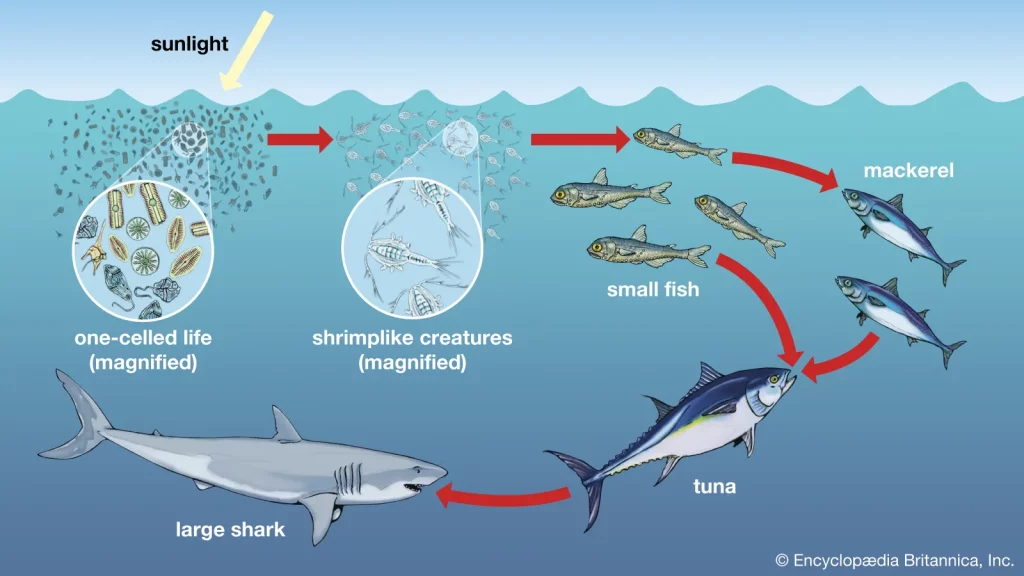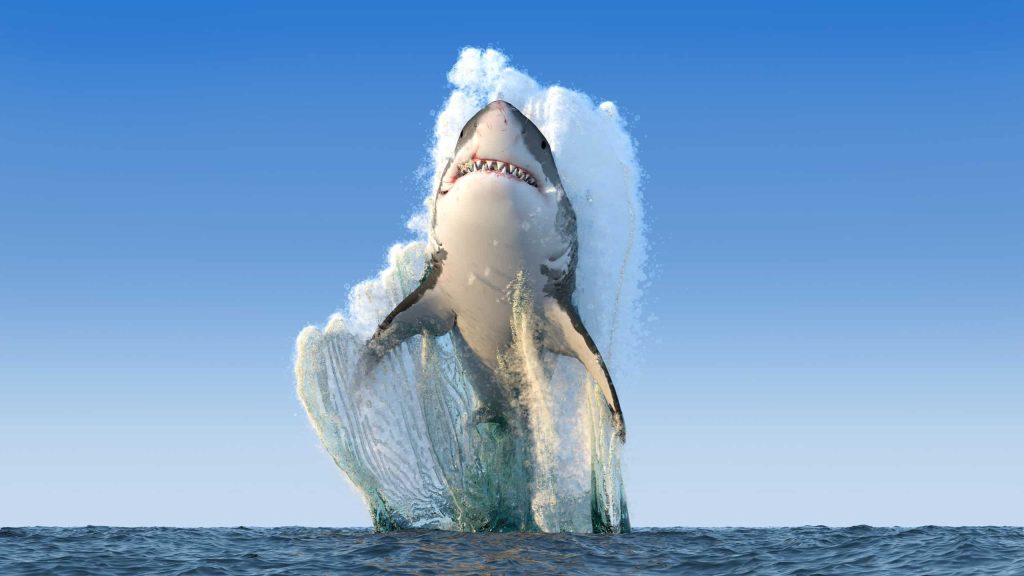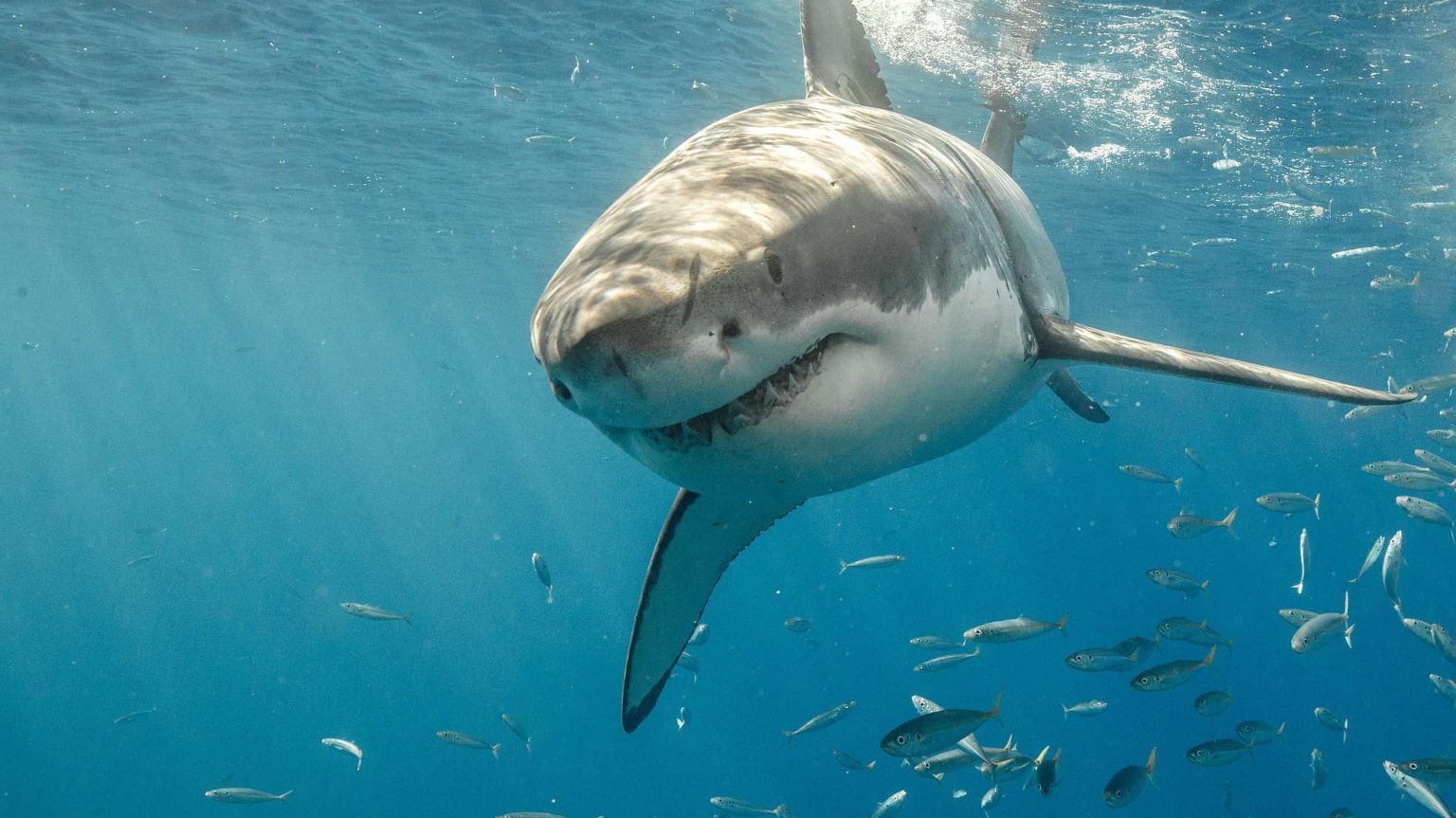The Great White Shark, a majestic and awe-inspiring creature, holds a critical place in the oceanic ecosystem. Preserving this iconic apex predator is not only essential for maintaining the delicate balance of marine life but also for safeguarding the biodiversity and overall health of our oceans. In this article, we explore the significance of preserving the Great White Shark and the compelling reasons why its conservation should be a top priority.

The Great White Shark plays a pivotal role in maintaining the ecological balance of the marine ecosystem. As an apex predator, it helps regulate the populations of various marine species, preventing the overpopulation of certain prey species. This control creates a cascading effect throughout the food chain, ensuring the health and stability of the entire ecosystem. Preserving the Great White Shark ensures the survival of other species and helps sustain a thriving marine environment.
The presence of Great White Sharks indicates a healthy and diverse marine ecosystem. By protecting these apex predators, we indirectly safeguard the biodiversity of their habitats. Great White Sharks rely on a wide range of prey species, and their hunting behavior serves as an indicator of an abundant and balanced prey population. Conserving the Great White Shark contributes to the preservation of biodiversity, supporting the overall resilience of marine ecosystems in the face of environmental challenges.

The declining population of Great White Sharks can serve as a warning sign of ecosystem imbalances and oceanic health concerns. Factors such as overfishing, habitat degradation, and pollution can directly impact the Great White Shark population. By focusing on their preservation, we address these underlying issues and work towards the restoration of healthy and thriving marine environments. The presence of healthy Great White Shark populations indicates a well-functioning ecosystem and a sustainable future for our oceans.

Studying the behavior, biology, and migratory patterns of Great White Sharks provides invaluable scientific insights. These studies contribute to our understanding of predator-prey dynamics, ecosystem functioning, and overall marine health. Preserving Great White Sharks allows scientists and conservationists to continue their research, leading to improved conservation strategies, ecosystem management, and the protection of vulnerable species. By investing in scientific research, we ensure evidence-based decisions for the preservation of our oceans.
The preservation of Great White Sharks not only has ecological benefits but also offers economic opportunities. These magnificent creatures have captivated the public’s imagination, making them a focal point for responsible ecotourism. Thriving shark tourism industries have emerged, attracting visitors from around the world and generating revenue for local communities. By preserving Great White Sharks, we support sustainable tourism practices, contribute to local economies, and raise awareness about the importance of marine conservation.
Preserving the Great White Shark is not merely about protecting a charismatic and iconic species; it is about ensuring the vitality and resilience of our marine ecosystems. By maintaining the ecological balance, conserving biodiversity, and supporting scientific research, we can secure a sustainable future for our oceans. Let us recognize the importance of preserving the Great White Shark as a crucial step in safeguarding our natural heritage and promoting the well-being of the entire marine ecosystem. Together, we can take action to protect these magnificent creatures for generations to come.












